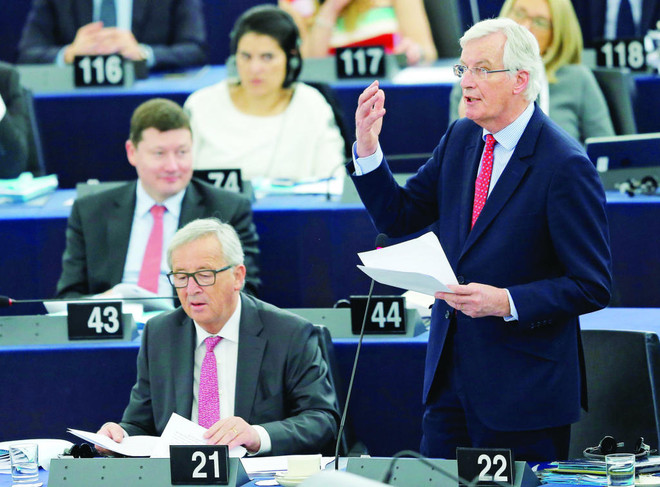First attack against net neutrality in the EU
You log on to your computer. Open up your browser. Click on Instagram, 9Gag, or Reddit. All the accounts and forums you follow have all been taken down. The place where people of all ages, races, and ethnicities can express themselves has been deleted. You wonder why that is.
In reality, the future of free expression may disappear more quickly than you think. Net neutrality, a once upheld principle, has been tarnished by copyright law and corporations claiming intellectual property. Freedom of thought and expression on the internet has become a controversial topic in the EU.
For the past few months, the crucial votes have been cast to determine the future of a truly “free internet” as we know it. Ideas such as free expression and “memes” on the internet were the main topic of debate. Those who voted revealed what side of the debate they stood on. Article 13, the main article of contention in this battle, earned itself the reputation of a “meme killer.” The contents of the article would require web giants to automatically filter copyrighted material uploaded on their platforms unless it has been specifically licensed. Basically, if a person were to upload a meme with copyrighted material, the image would automatically be dismissed and deleted. This also means that websites which garner massive amounts of user-generated content are now be responsible for taking down that content if it violates copyright law. This piece of legislation passed by 438 votes in favor and 226 against with 39 abstentions in the European Parliament.
However, this meme war is not over. Despite the fact that the article has received major support from the European Parliament, the decision will have to go through another round of behind-closed-doors negotiations between the EU legislators and the EU delegates of member states. Though it may look as if memes may be banned forever, there is still a chance of overturning the article in January 2019.
Featured Image: Two members EU Parliament are presenting the necessity of having Article 13 passed. Credit: CS Monitor.

